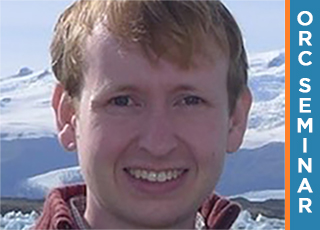11/10/16 | 4:15pm | E51-315
Reception to follow.
Abstract: An observational study is an empirical investigation whose objective is to elucidate cause-and-effect relationships, yet wherein the assignment of individuals to the treatments being analyzed cannot be controlled by the researcher. Without the protections endowed by active assignment, observational studies are left susceptible to bias in the form of unmeasured confounding due to self-selection of patients to treatments. In this talk, I will discuss ways in which modern optimization techniques can be leveraged in both the design and analysis of observational studies. The design phase involves an attempt to replicate a well-balanced experiment through the solution of a bipartite matching problem. In the analysis phase, a sensitivity analysis is conducted to assess how strong unmeasured confounding would have to be in order to materially alter the study’s findings. Methods will be illustrated through an example, and areas with potential for further improvement through the use of optimization techniques will be highlighted throughout the talk.

Colin Fogarty
Assistant Professor
MIT
Bio: Colin Fogarty is an Assistant Professor of Operations Research and Statistics at the MIT Sloan School of Management. His research interests lie in the design and analysis of observational studies. In particular, he is interested in investigating whether existing qualitative advice from quasi-experimentalists on how to conduct a ``good" observational study can be shown to produce demonstrable quantitative improvements in the resulting inference. Much of his work utilizes modern optimization techniques in the analysis of observational studies. He is interested in applying his methodological work to observational studies in health care, public health and public policy. He has published in the Journal of the American Statistical Association, Biometrics, and the Annals of Applied Statistics. Colin received his Ph.D. in statistics from the Wharton School of the University of Pennsylvania in 2016, and received his A.B. in statistics from Harvard University in 2011.
